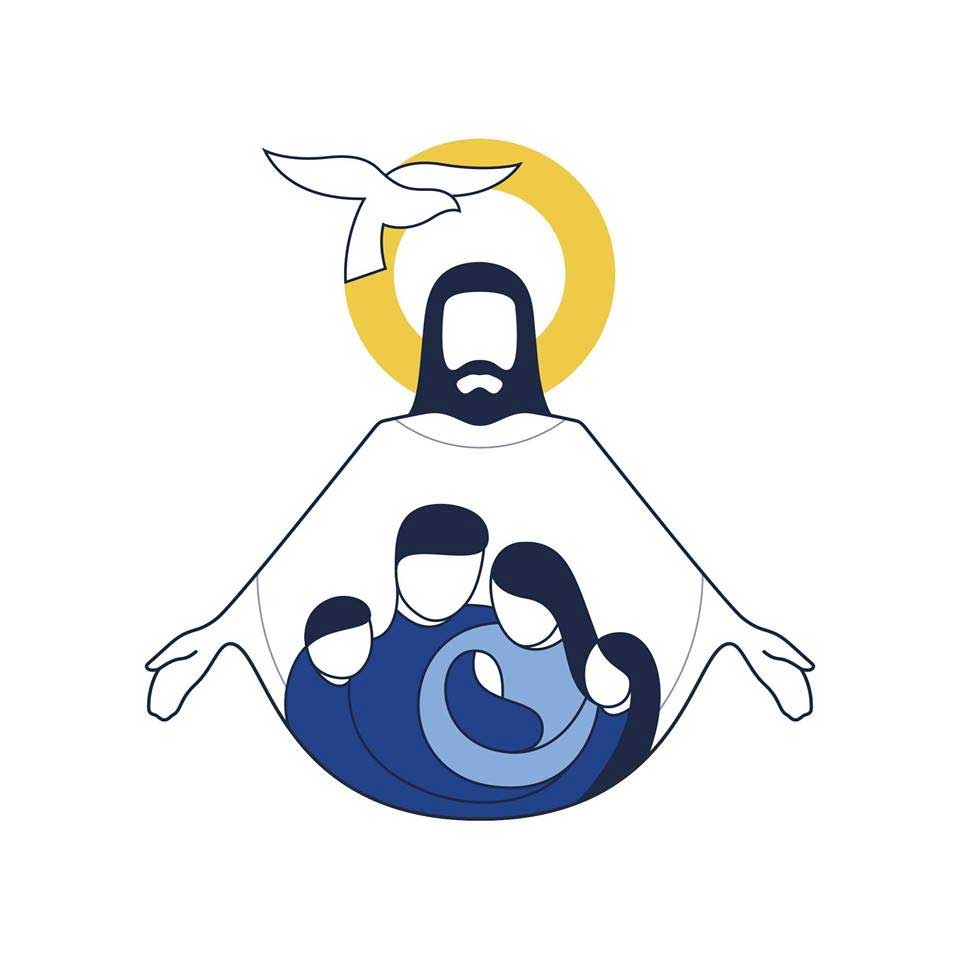FROM THE SERVANT GENERAL
MODERNISM
(Part 33)
THE ROLE OF THE MESSIAH
December 15, 2021
Today’s reading:
Isaiah 45:6c-8,18,21c-25
Psalm 85:9-14
Luke 7:18b-23
Jesus came to heal the sick but brought the greatest healing, which is salvation. Jesus looked to the material and emotional needs of humankind, but satisfied the greatest need of man, that is God. The error of modernists today is to look to the former but not the latter. It is to look to the well-being of man, but neglect the righteousness of God.
When asked if he was indeed the Messiah, Jesus pointed to his good works. “Go and tell John what you have seen and heard: the blind regain their sight, the lame walk, lepers are cleansed, the deaf hear, the dead are raised, the poor have the good news proclaimed to them.” (Lk 7:22). It was about overturning and reversing the illness. Thus the blind can now see. The lame can now walk. But in referring to the poor, which encompassed in turn all the other illnesses, Jesus did not say the poor will become rich, but rather, the poor will have the good news proclaimed to them.
The sorry situation of being materially, physically and emotionally poor would be reversed by the poor hearing the gospel and experiencing the salvation of God. It would be a case of the superior good of the spiritual over just the natural or physical.
This is what modernists need to learn about what God really intends for His people. What does Jesus’ works ultimately mean?
The blind regain their sight.
- They can discern what is right and just and true.
- They can see the path of Christ that is before them and not stumble in the dark.
- They are no longer blinded by the culture of the age nor the modernist teachings of liberal pastors.
The lame walk.
- They are not hampered or held down by sin and the isms of the world.
- They walk the straight and narrow path of righteousness.
Lepers are cleansed.
- They are cleansed of sin.
- They are restored to fellowship in the authentic Church of God.
The deaf hear.
- They hear the proclamation of the gospel of salvation in Jesus. “I will hear what God proclaims; the Lord, for he proclaims peace to his people.” (Ps 85:9a).
- They hear the authentic gospel, not the prosperity gospel nor the modernist gospel.
The dead are raised.
- Those dead to sin are restored to life in Christ.
- They look to life after death, eternal life with God in heaven.
Jesus the Messiah teaches us truths that today are being contradicted by modernists.
- “I am the Lord, there is no other.” (Is 45:6c). Modernists say all religions are ways to the divine.
- “I make well-being and create woe.” (Is 45:7b). Modernists look to man being masters of their own destiny, but all are ultimately in the hands of God.
- “Let the earth open and salvation bud forth; let justice also spring up!” (Is 45:8b). Modernists look to social justice but neglect righteousness, but it is God who brings forth both justice and salvation. “Justice shall walk before him, and salvation, along the way of his steps.” (Ps 85:14).
- “For thus says the Lord, the creator of the heavens, who is God” (Is 45:18a). Modernists are trying to be gods, altering the designs of God from creation. They say there is not just male and female but very many genders. They try to alter the very DNA of a person via mRNA vaccines. They are creating a metaverse, one simulating reality but totally devoid of reality.
- “There is no just and saving God but me.” (Is 45:21d). Modernists look to justice but not to salvation, or put differently, they look to salvation in the here and now through human and earthly means rather than the salvation that can only come from God.
- “Turn to me and be safe, all you ends of the earth” (Is 45:22a). Modernists look to human ingenuity and achievements to ensure peace and well-being in the world, even a utopia, but the real utopia, which is heaven, can only happen in and through God.
- “In the Lord shall be the vindication and the glory of all the descendants of Israel.” (Is 45:25). Modernists look to their own devices for world peace, unity and well-being, but these are only ultimately and fully in Christ.
John the Baptist asked Jesus if he was the Messiah. Today modernists see the messiah in themselves or in human capabilities, and entrust their well-being in their own hands. We must always be reminded what God tells us: “Turn to me and be safe, all you ends of the earth, for I am God; there is no other!” (Is 45:22).








